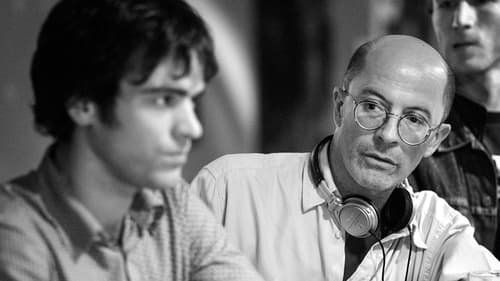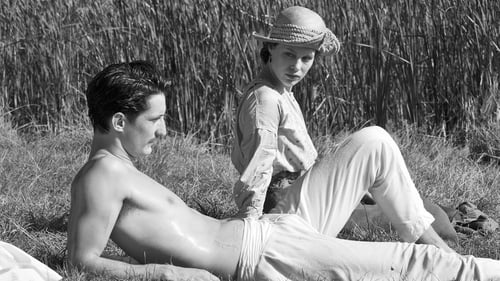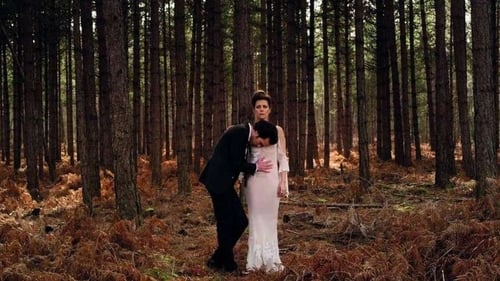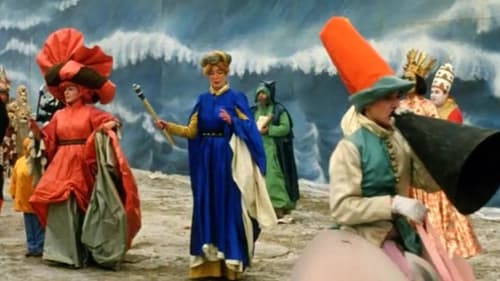Louis-Charles Sirjacq
Birth : 1949-01-01, Rennes, Ille-et-Vilaine, France

Self - Interviewee
In eight films, Jacques Audiard has renewed French cinema, without alienating either the critics or the success. It is only at the age of 42 that he starts directing, after having been an editor and a scriptwriter. In 1994, he directed his first film, "Regarde les hommes tomber", whose conflicting shooting was an ordeal for this misanthropic beginner. It was with "Sur mes lèvres", in 2001, that he forged his cinematographic language: contained lyricism, deliberate imperfection of images, ellipses plunging the audience into a maelstrom of sensations. With each of his films, Jacques Audiard intends to renew himself, at the cost of challenges and doubts always more vivid.

Mayor
In the aftermath of WWI, a young German who grieves the death of her fiancé in France meets a mysterious French man who visits the fiance’s grave to lay flowers.

Screenplay
A married couple lives hateful for each other together, they think about divorce until they ask their neighbors, young couple out for a drink . At this moment the young lucky couple get rope into the hate of the other pair.

Writer
A Swiss-German-Yugoslavian production.

Writer
In Brazzaville, in 1944, Alex Emmerich was sentenced to wander the seas by Hélène Latray, the wife of Félix Beauvois, the man Alex loved. In 1962, exiled on Hatray cruises and feeling the coming death, Alex decides to compose for his love a testament: the photographic report of his agony.

Writer
Seven Women, Seven Sins (1986) represents a quintessential moment in film history. The women filmmakers invited to direct for the seven sins were amongst the world's most renown: Helke Sander (Gluttony), Bette Gordon (Greed), Maxi Cohen (Anger), Chantal Akerman (Sloth), Valie Export (Lust), Laurence Gavron (Envy), and Ulrike Ottinger (Pride). Each filmmaker had the liberty of choosing a sin to interpret as they wished. The final film reflected this diversity, including traditional narrative fiction, experimental video, a musical, a radical documentary, and was delivered in multiple formats from 16, super 16, video and 35mm.

Writer
In this charming, semi-autobiographical look at his politicized past, director Gerard Mordillat focuses on the ironic, the wistful, and the sometimes ludicrous events that spin off from the Communist/anarchist upbringing of his main character, Maurice Decques (François Cluzet). Maurice's tendency to swing over to the bourgeosie in his adult career as a caterer to social gatherings of varying stature is also reflected in the woman he marries - a Czech whose family chose Paris over Moscow "because the USSR has concentration camps" as she told her shocked Communist father-in-law. When Maurice is caught in the 1968 student demonstrations in Paris, the officer who hauls him off is soon recognized as an old childhood buddy, and instead of heading to jail, the policeman/friend takes Maurice home. As the police van drives out of view, the two buddies are seen as young kids, sitting on the hood of a car and dreaming about the future.





